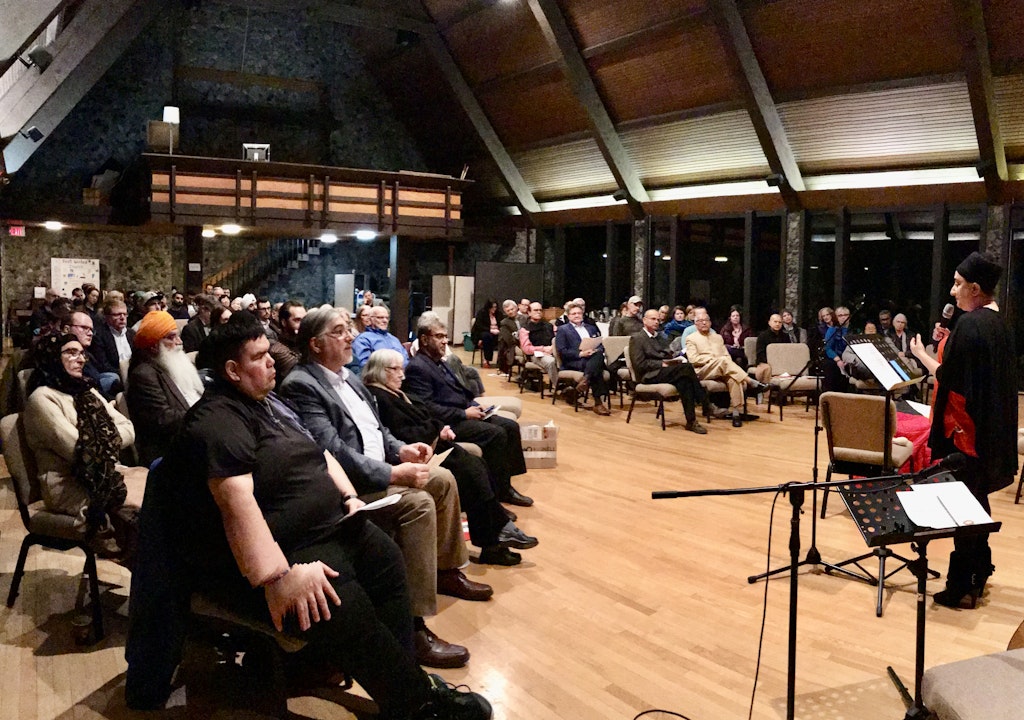The Bahá’í Faith offers profound insights into the concepts of the Rapture and the End of Days, serving as a counterpoint to the eschatological interpretations prevalent in various traditions. Within this worldview, the belief in a peaceful transformation of society stands in stark contrast to apocalyptic despair often depicted in mainstream religious doctrine. At the core of Bahá’í teachings is the conviction that divine revelation unfolds in a progressive manner, unveiling truths suited to humanity’s evolving understanding. This exploration of the Rapture and the world’s end from a Bahá’í perspective provides an expansive framework that encompasses not only individual spiritual journeys but also collective societal transformations.
To comprehend the Bahá’í perspective on these concepts, one must first explore the nature of eschatological beliefs across different faiths. Many religious traditions predict cataclysmic events or divine judgments leading to the finality of the world as we know it. This narrative, characterized by chaos and suffering, is often predicated on a dualistic worldview that pits good against evil. In contrast, Bahá’ís view the end of the world not as a cataclysm but as a necessary metamorphosis towards a spiritually and morally uplifted existence. Central to this transformation are the teachings of Bahá’u’lláh, the founder of the Bahá’í Faith, who articulated a vision of unity and peace amid diversity.
The Rapture, traditionally associated with instantaneous salvation and ascension to a divine realm, assumes a more metaphorical interpretation within Bahá’í thought. It is not solely about individuals escaping worldly tribulations but rather about the collective elevation of humanity. Bahá’ís believe that a true spiritual awakening manifests through the realization of humanity’s oneness and the active pursuit of justice and equity. Thus, the Rapture can be envisioned as a transcendent experience, where individuals and communities realize their potential to cultivate a world characterized by harmony and mutual respect.
Moreover, Bahá’í teachings elucidate the notion of cycles of spiritual evolution. Within this framework, the world’s end does not signify annihilation but the conclusion of an epoch and the dawning of a new one. Each cycle is marked by the emergence of prophetic figures—Manifestations of God—who bring forth transformative guidance. Bahá’í doctrine asserts that the teachings of Bahá’u’lláh herald the advent of a new age, an age ordained for the unification of humanity and the rectification of societal ills. The end of the world, therefore, can be perceived as an opportunity for renewal and reconstruction.
The transformative vision articulated by Bahá’u’lláh emphasizes the importance of individual and collective responsibility in ushering in this new era. Bahá’ís are encouraged to actively participate in the betterment of society through service, engagement, and fostering inclusive communities. This commitment to social action is interwoven with spiritual development, as the two are not perceived as separate endeavors but rather as interconnected aspects of a holistic life approach. In this light, the Rapture becomes a call to action—an invitation to transcend self-interest and contribute meaningfully to the collective well-being of humanity.
Integral to the Bahá’í perspective on the end of the world is the concept of unity in diversity. The diverse backgrounds, beliefs, and cultures of individuals are celebrated as manifestations of the richness of creation, and their convergence is essential for the flourishing of global civilization. This unifying vision combats the fragmentation often experienced in the modern world. Bahá’í teachings assert that as humanity progresses towards greater unity, the disruptive forces that contribute to conflict, inequality, and oppression will ultimately dissipate. Thus, the world’s end as envisioned by Bahá’ís corresponds not to destruction, but to a healing process.
In addressing contemporary issues, Bahá’í teachings underscore the importance of love and compassion in overcoming societal challenges. This capacity for empathy acts as a cornerstone for building bridges across cultural and ideological divides. The legacy of the Rapture, viewed through a Bahá’í lens, emphasizes the potential for enlightened dialogue and cooperative efforts in addressing pressing global concerns, such as climate change, poverty, and discrimination. The world’s end, therefore, proffers not despair but hope, as it beckons an era of dedicated collective action towards sustainable solutions.
The historical and prophetic significance attributed to the Bahá’í teachings serves to ground this perspective within a larger theological context. The assertion that the Rapture is not an isolated event but rather a continual state of awakening lends itself to a more dynamic understanding of spiritual evolution. Each generation is called to reflect upon its role in this divine narrative, striving to contribute positively to the unfolding story of humanity. The world’s end, thus, invites reflection, introspection, and commitment to a greater cause—such a noble endeavor is pervasive within the Bahá’í community.
In summation, the Bahá’í perspective on the Rapture and the world’s end reframes traditional apocalyptic narratives into a message of hope and transformation. By embracing the concepts of unity, collective responsibility, and spiritual awakening, Bahá’ís envision a future where humanity collaborates harmoniously towards a common goal. The end as discussed within this framework serves as a catalyst—an opportunity for renewal, compassion, and shared progress. As individuals and communities engage with these teachings, they contribute to the unfolding reality of a world poised for redemption and enlightenment.
